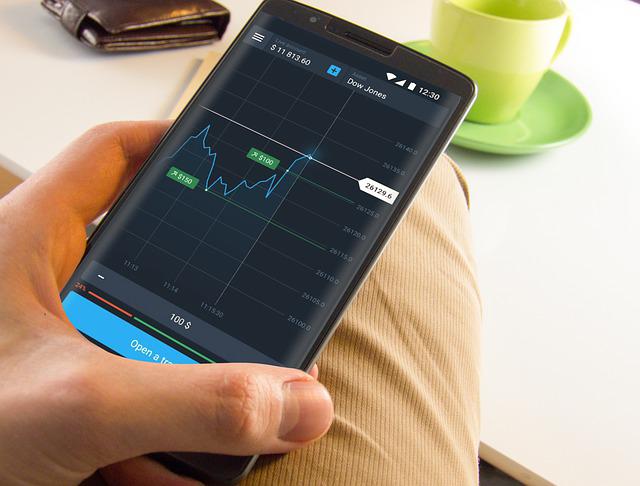How To Plan For Success In Foreign Exchange Trading

Risk is a factor with foreign exchange trading, especially for those who are inexperienced. Reduce your own risk by learning some proven Foreign Exchange trading tips.
Forex is more dependent on economic conditions than option, futures trading or the stock market. Before starting forex trading, there are some basic terms like account deficits, trade imbalances, and fiscal policy, that you must understand. Without a firm grasp of these economic factors, your trades can turn disastrous.
Learn about one particular currency pair to start with and expand your horizons from there. When you focus entirely on learning everything about all pairing and interactions, you will find yourself mired down in learning rather than trading for a very long time. Choose one pair and learn everything about them. Then, study the news and the forecasting surrounding the pairing, but stick with simplicity.
If you want to be successful in Foreign Exchange trading, talk to other traders and follow your own judgment. Tapping into the advice of those more experienced that you is invaluable, but in the end, it is your own instincts that should guide your final decisions.
When you are trading currencies, one thing to remember is that the market’s overall trend will be either positive or negative. It is fairly easy to identify entry and exit points in a strong, upward-trending market. Good trade selection is based on trends.
As a case in point, if you move stop points right before they’re triggered, you’ll lose much more money than you would have otherwise. Follow the strategy you’ve put together, and you’ll succeed.
When people first start in the Foreign Exchange markets, they often let their greed blind them, resulting in losses. Trepidation can be as detrimental as being over zealous when it comes to the stock market. Act using your knowledge, not your emotions.
Use margin wisely to keep your profits up. Using margin can potentially add significant profits to your trades. However, if you use it carelessly, you risk losing more than you would have gained. The best time to trade on margin is when your position is very stable and there is minimal risk of a shortfall.
It is important to set goals and see them through. Before you start putting money into Forex, set clear goals and deadlines. Keep in mind that the timetable you create should have room for error. If this is your first time trading, you will probably make mistakes. Additionally, calculate a realistic amount of time that you can spend trading, and make sure to factor in time spent researching.
Maybe a year or two from now, you will know enough and have enough money to make really huge profits. However, in the beginning use the tips from this article, start small, and learn how to trade to make a little extra capital.